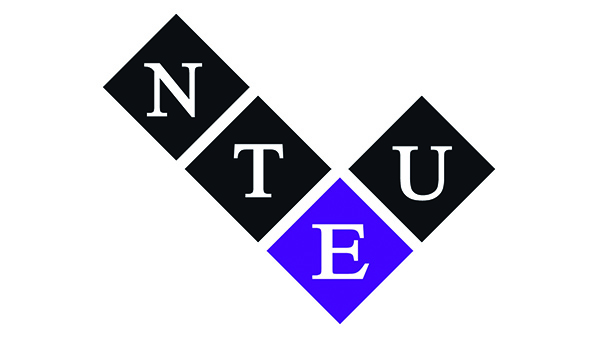Australian university staff are experiencing high levels of burnout and mental injuries, according to a research survey conducted by the University of South Australia.
The NTEU issued a media release foregrounding many worrying statistics on staff mental health and workplace conditions, with 73% of professional and academic staff participants in the survey reporting poor work environments in 2023.
More than two-thirds of participants reported poor psychosocial safety, which the NTEU states is “double the national average.” The NTEU found the statistics to be “unacceptable,” with 43% of participants reporting cases of extreme tiredness, anxiety, or depression.
The Australian University Staff: Work, Digital Stress and Wellbeing Survey report, which was conducted over four years, was led by Professor Kurt Lushington, alongside ARC Laureate Fellow Professor Maureen Dollard.
The report examined various metrics of psychological and emotional distress – including work pressure, emotional exhaustion, psychological distress (applying the K10 scale,) as well as the psychosocial safety climate.
NTEU National President Dr. Alison Barnes emphasised the responsibility of universities in mitigating the issue, stating:
“The Universities Accord must address this life-and-death issue with decisive steps that put the onus back on universities to ensure safe working environments.”
Dr Barnes also urged a response from Australia’s vice-chancellors and the federal government in the matter:
“Incredibly high levels of stress, exhaustion, and mental distress must sound alarm bells for vice-chancellors all across Australia.”
“The NTEU urges Education Minister Jason Clare to make improving staff wellbeing a core part of the government’s response to the Accord.”
The report also contains findings that reveal correlations between workplace conditions and waves of austerity measures. Participants were given the prompt: “in your university, new policies and procedures designed to cut costs are constantly being introduced where you work.”
In response, 81.88% agreed or strongly agreed with the statement.
Cost cutting measures at the University of Sydney are continuing into 2024 with the Studies of Religion major being cut and the Politics and International Relations program merged with International and Global studies.
The NSW division secretary of the NTEU, Vince Caughly, told Honi that the findings reflect the issues the union has brought to University attention for years.
“For our members, work intensification on top of job insecurity and restructures create stresses that no worker should have to put up with – especially at our public institutions, and especially at a wealthy institution such as the University of Sydney.”
He also pointed to the recent industrial relations reform passed by the Labor government as a step in the right direction for employees in the tertiary education sector.
“At the same time, in the last 18 months, new regulations outlining the responsibility of employers to respond to, manage and prevent psychosocial risks means that our members now have greater legal avenues to hold university managements to account regarding workplaces that put the psychological health of their staff at risk.”
A University of Sydney spokesperson told Honi that they have “worked hard to listen to staff feedback, and provide a psychologically healthy workplace and to support staff who might need it.”
The spokesperson also said that “all staff and their families also have access to a free and confidential counselling service,” and noted the University regularly surveys staff and publishes those results to identify areas of improvement.
The University pointed to the development of a Health and Wellbeing Framework as well as the launch of the Health and Wellbeing program, which includes mandatory training and wellbeing events, as evidence it takes workplace health and wellbeing seriously.





